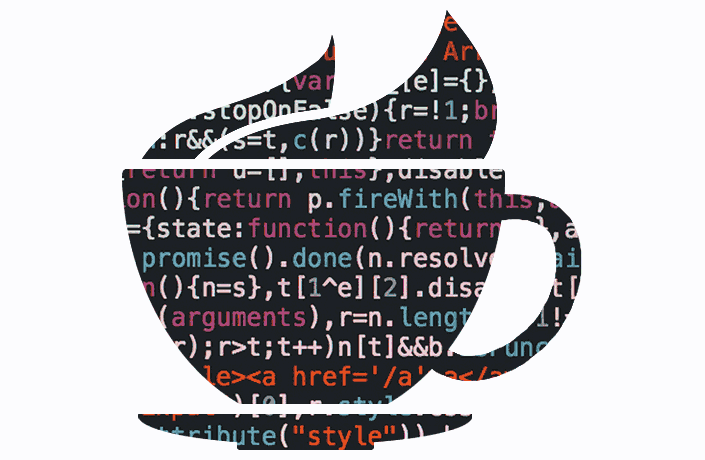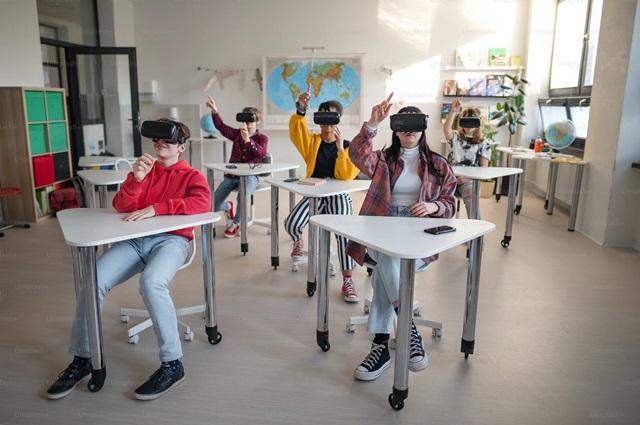Algorithms: Are You In Control?
Picture this: You’re on vacation and craving some coffee. You take out your phone and search for nearby cafes. A list comes back, and Starbucks sits at the top with the promise of a creamy caramel macchiato. So you head over to the popular chain and settle in to the clean, stylish surroundings with your drink of choice. That’s it. Nothing remarkable happens. It’s so mundane that it’s hardly worth talking about, but there’s an underlying question at play here.
Do we truly control our lives or are our actions dictated by external forces? When browsing social media, do we choose what posts to view or are they chosen for us by algorithms? Do we choose which news articles to read, or just open up the suggested headlines? Most of us probably do the latter. And why not? Algorithms make our lives more convenient, but there are implications to just passively accepting its recommendations.
The problem with algorithms is that they are often designed to cater to our wants and preferences. For example, search engines and social media platforms use algorithms to show us content that they think we will enjoy and engage with. This is great for trivial things like finding food and entertainment, but it is problematic when we need accurate and unbiased information.
The recent coronavirus pandemic is a stunning example of the dangers of personalized algorithms. Fake news about the pandemic often spread faster than verified and validated news. Even worse, viewing misinformation makes it more likely that you will be served similar misinformation in the future. It’s a relentless, self-perpetuating cycle.
This leads to a phenomenon known as the “Filter Bubble” or “Echo Chamber,” where your own biases and opinions gets reinforced though constant exposure to the same bad information. This wouldn’t be such a big problem if people only disagreed, but the consequences of consuming bad information can be dire, from the horrific Pizza Gate shooting to the unthinkable storming of the US capitol. All fueled by personalized misinformation provided by algorithms.
Now, you might think that you’re immune to the content these algorithms show you. Surely, you’re not going to shoot up or storm any buildings, and you’re right. Most people wouldn’t either, but the impact these algorithms have can be subtle and personal. You might fall victim to a fad diet because eating cotton balls is trending. Or you might pass over a wonderful mom and pop coffee shop that serves excellent, affordable coffee, simply because an algorithm thought you’d prefer Startbucks. We’ve all been affected by these algorithms in one way or another. Our actions are only as good as the data that we have. So it is critical to ensure that we have good data.
Fortunately, there are steps we can take to mitigate the influence of these algorithm. One way is to limit the data that gets collected about us. We can do this by using VPNs, private browsing modes, ad blockers, and search engines that do not track our activities such as the duck. The less information the algorithms have, the less it can personalize the content it serves. We can also use unbiased new aggregators like “Allsides” and “Improve the News,” that present multiple viewpoints and prioritize factual reporting. It’s always important to know what the other side is thinking. Lastly. If you’re in some place new and want some good coffee, just ask a local, or head out to the local marketplace and see what’s there. You may get disappointed or you may just discover the best coffee of your life.
Lets let Dr. Neil deGrasse Tyson sum it up…




